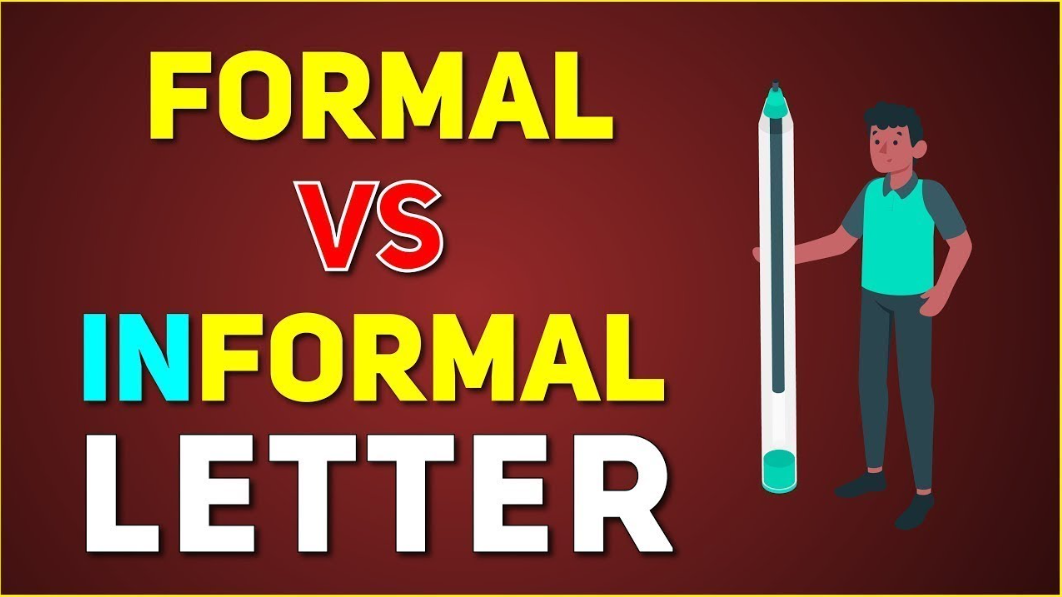Understanding Dictionaries and Glossaries
Both dictionaries and glossaries serve as useful tools for learning the meanings of words and phrases. However, the primary differences lie in their intended use, level of detail, and scope. Dictionaries are comprehensive and designed for broad language needs, while glossaries are more specialized and focus on specific topics. Both are essential resources for improving one’s proficiency in the English language.
Introduction to Dictionaries and Glossaries
Although both tools provide definitions and explanations of words and phrases, the distinction between a dictionary and a glossary may seem subtle. Nevertheless, exploring the significant differences between the two proves worthwhile.
Dictionary
A dictionary is a reliable reference book that typically lists terms and their definitions alphabetically. People commonly use it to look up a word’s meaning or verify its pronunciation and spelling. Dictionaries may also include examples of usage, remarks on word use, and information about word origins. They often get updated to reflect newly added terms and language changes, making them comprehensive.
Glossary
In contrast, a glossary is an alphabetically sorted collection of specialised terms and their definitions. It aims to help readers understand the terminology used in a specific context. A glossary typically accompanies a particular book, document, or subject area. Unlike dictionaries, glossaries are tailored to highlight terms relevant to a specific topic or field, rather than providing a complete overview. 
Distinguishing Features of Dictionaries and Glossaries
A dictionary is an extensive reference book that offers definitions, pronunciations, spelling corrections, and sometimes usage examples for words in a given language. It helps readers become more proficient in a language and expand their vocabulary by guiding word meaning and use. Dictionaries are generally arranged alphabetically, making it easy to locate specific terms.
Table of Differences Between Dictionary and Glossary
Dictionaries and glossaries serve distinct purposes. Glossaries explain terminology in a specific context, while dictionaries are used for reference and to enhance vocabulary. As a result, glossaries are more commonly used in academic or technical settings, while people frequently consult dictionaries for general linguistic purposes like expanding vocabulary or understanding word meanings.
| Characteristic | Dictionary | Glossary |
|---|---|---|
| Definition | A comprehensive reference book containing words, phrases, and their meanings, often arranged alphabetically. | A list of terms, phrases, or specialised words with their explanations or definitions, usually found at the end of a book or document. |
| Content | Includes a wide range of words from a language along with their definitions, pronunciations, usage examples, and sometimes etymologies. | Focuses on terms or jargon specific to a particular subject, field, or discipline, providing concise explanations or definitions. |
| Scope | Encompasses all words in a language, including common words, technical terms, slang, and idiomatic expressions. | Focuses on terms relevant to a specific topic, industry, profession, or area of study. |
| Organisation | Usually arranged alphabetically and often comes with additional features such as pronunciation guides, usage notes, and cross-references. | May be arranged alphabetically or thematically, depending on the context or purpose. |
| Usage | Used for general reference, language learning, writing, translation, and communication. | Used to clarify terminology, enhance understanding, or provide quick reference within a specific context or field. |
| Examples | Merriam-Webster Dictionary, Oxford English Dictionary, and Cambridge Dictionary. | Medical glossary, Legal glossary, Glossary of terms in a textbook or manual. |
| Focus | Provides detailed information about words, including definitions, usage, origins, and variations. | Provides concise explanations or definitions of terms, focusing on clarity and relevance within a specific context. |
| Size | Can be extensive, containing thousands or even millions of entries. | Usually smaller in size compared to a dictionary, tailored to the needs of a specific audience or subject area. |
| Updates | Regularly updated to reflect changes in language, new words, and evolving usage. | May be updated periodically to incorporate new terms or revisions in terminology. |
| Accessibility | Readily available in print and digital formats, accessible to a wide range of users. | Often included as a supplementary resource in textbooks, manuals, or specialised publications, accessible to readers within a specific field. |
Usage and Placement of Dictionaries and Glossaries
A glossary usually appears at the end of a book or document. It is a specific collection of words and their definitions, offering readers a quick reference to help them understand jargon or specialised terms used in the text. Textbooks, technical manuals, scholarly articles, and publications tailored to a particular industry often include glossaries.
Thematic Organisation of Dictionaries and Glossaries
Unlike dictionaries, glossaries are often organised thematically or according to a specific topic. To help readers navigate the information, glossaries provide succinct definitions of terms they may not be familiar with. Glossaries are particularly helpful in fields such as science, engineering, and legal documents, where the language used is specialised.
Scope and Detail of Dictionaries and Glossaries
The scope of coverage is one of the primary differences between glossaries and dictionaries. As mentioned earlier, dictionaries are comprehensive, covering a wide range of words and their definitions. In contrast, glossaries are more specialised, containing only terminology relevant to a specific field or subject. For instance, a dictionary entry for the word “harness” would provide various definitions and examples of its use in different contexts. However, in a glossary of terms related to horse racing, “harness” would be defined specifically in that context.
Purpose and Information of Dictionaries and Glossaries
Dictionary definitions are generally more detailed, often including etymologies and usage notes. On the other hand, glossaries provide shorter, more focused definitions. This distinction allows glossaries to be useful for readers already familiar with the subject matter, while dictionaries aim to provide a broad understanding of terms for a wider audience.



